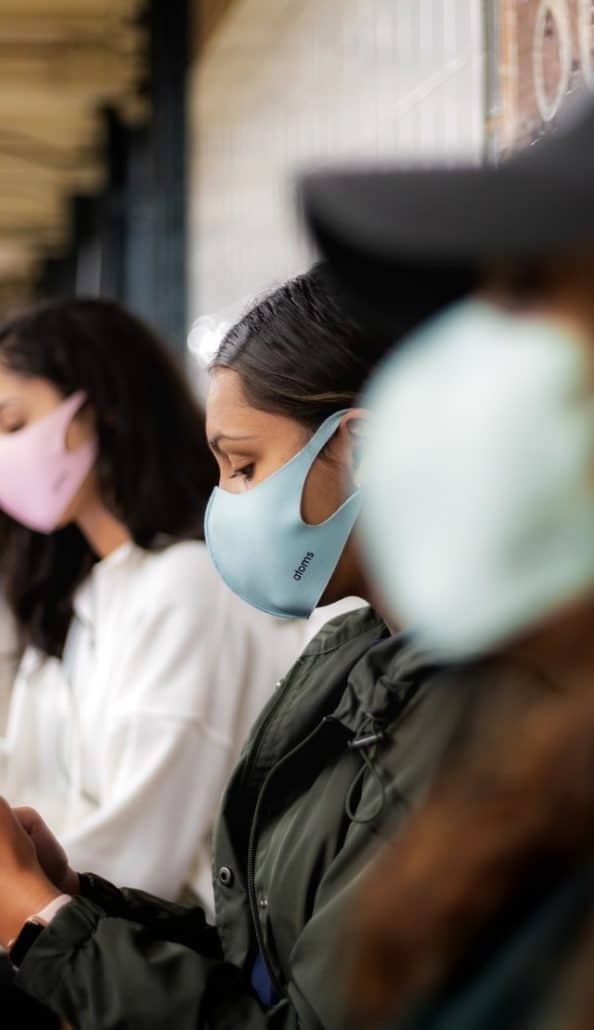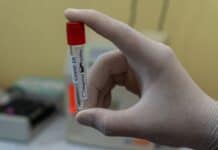The new CDC mask guidelines announced last week have gotten mixed reviews from meeting professionals.
The Centers for Disease Control and Prevention (CDC) said that fully vaccinated Americans don’t need to wear masks or social distance indoors or outdoors, except under certain circumstances. The CDC mask guidelines do not apply in situations where masks are required by federal, state, local, tribal, or territorial laws, rules, and regulations, including local business and workplace guidance. Nor does it apply to airports, airplanes and public transportation.
In other words, the guidelines are just that—guidelines—not the law. However, with many Americans still unvaccinated, some experts say the move was premature and will result in unvaccinated people also choosing not to wear masks.
The individual states are reacting differently, with Minnesota, Kentucky, Nevada, Oregon, Pennsylvania, Washington, Illinois, Connecticut, North Carolina, Michigan, Maryland, Maine, New York (as of May 19) and Virginia relaxing their mask rules, while others—New Jersey and California among them—saying they will keep mask mandates in place. Massachusetts just moved its deadline to fully open up by two months, announcing it will begin following the new CDC no-mask guidelines May 29.
All this has resulted in mixed reactions and confusion among meeting professionals.
Josh Adams, CMP, industry relations strategist at streamlinevents, who works with a variety of clients, all with different stances on the issue, said this shift by the CDC “does not make the event planning process easy for anyone for a few reasons. First, many companies are still trying to determine what level of liability/risk they are comfortable with. A no-mask ordinance assumes we have moved from ‘pandemic’ to ‘endemic,’” he added, “meaning that the risk of contracting COVID is now at a par with the risk of catching the flu or any other transmissible disease, except that it still continues to be deadlier.
“Companies have to decided whether they want to insist on masks being worn to accommodate those participants who are may not yet be vaccinated, or who may otherwise still feel uncomfortable without wearing a mask,” he said. “The issue on this point, is how to create an environment which feels safe for all attendees without offending the majority.”
The ruling opens to the door to the unvaccinated choosing not to wear masks, despite the CDC guidance that is still in effect that they should. Joan Eisenstodt, meetings and hospitality consultant, Eisenstodt Associates, called the new CDC announcement “the most absurd and confusing thing that could’ve been done,” saying it adds additional risk for meeting planners. “Add the lack of knowledge of who among hotel workers and contractors (AV, decorators, delivery people), as well as people off the street who enter the hotel to grab a coffee from an outlet or just sit in the lobby bar and drink. How do we know who is and who isn’t vaccinated?”
Others like Beau Ballin, vice president, commercial leader, CWT Meetings & Events, view the new CDC mask guidelines as a step toward getting back to normal. ” It is wonderful to see the progress that is being made in context of vaccinations and the declining cases of COVID,” he said. “Certainly the announcement creates some confusion in the market as mass transportation, private businesses and some municipalities will likely continue with mask mandates for a period of time. However, for those who were waiting to resume their events and looking for a clear sign that we are emerging from the pandemic, this is that sign.”
Meeting organizers will ultimately decide what steps they take to ensure attendee safety. For Doug Wheeler, principal of Summit Performance Group, that should continue to include health screenings. “I think we are moving in the right direction by loosening up mask requirements; however, having said this, I still believe that attendees should be tested or be able to prove that they have had a full vaccination before arriving at a program to insure safety for all participants.”











